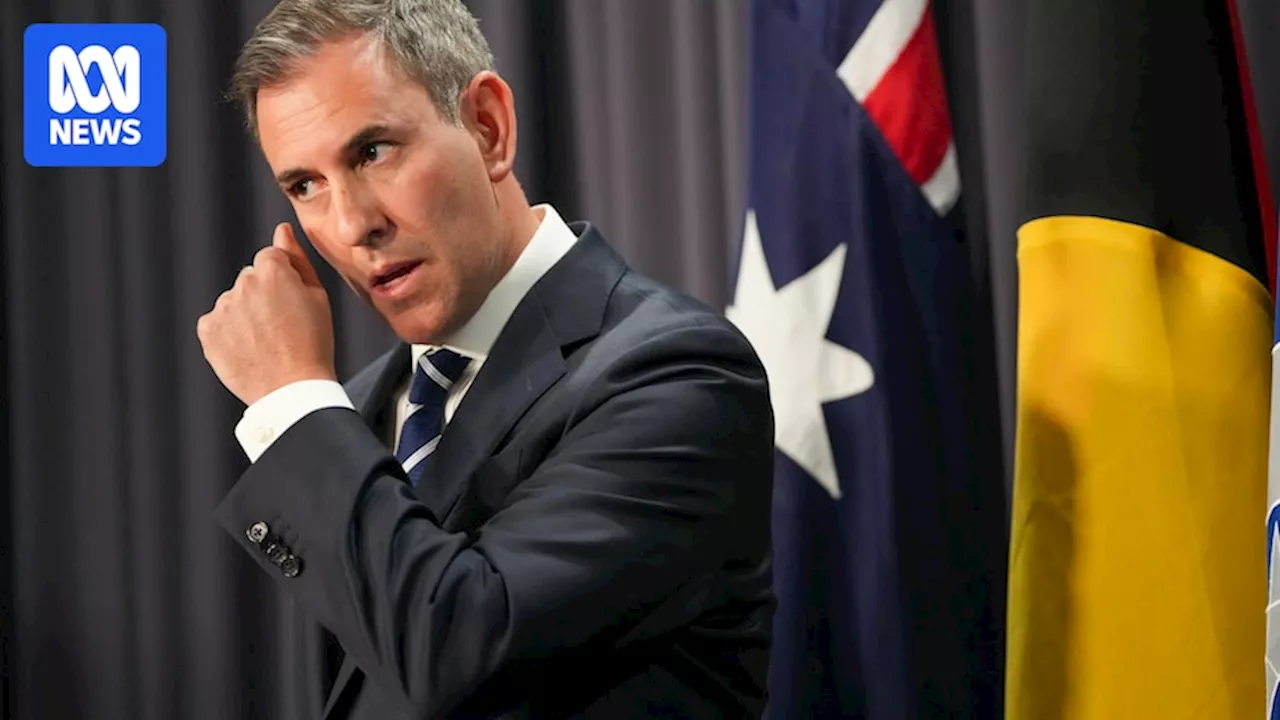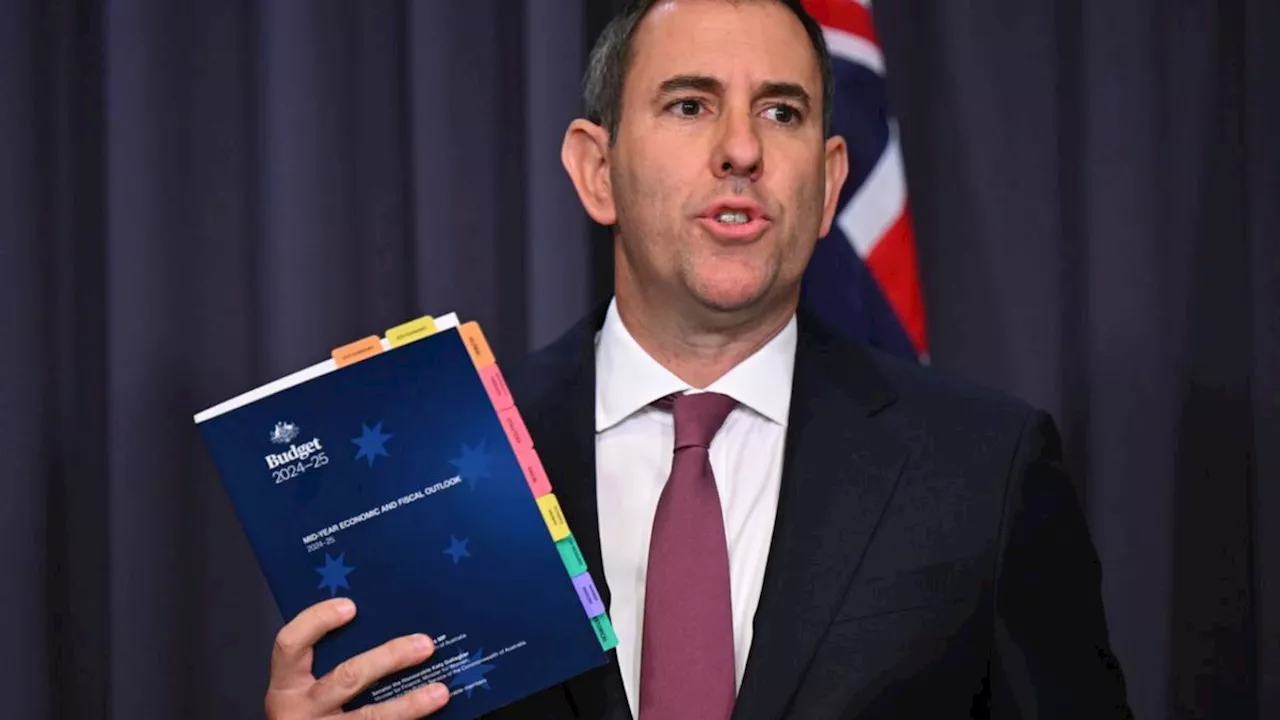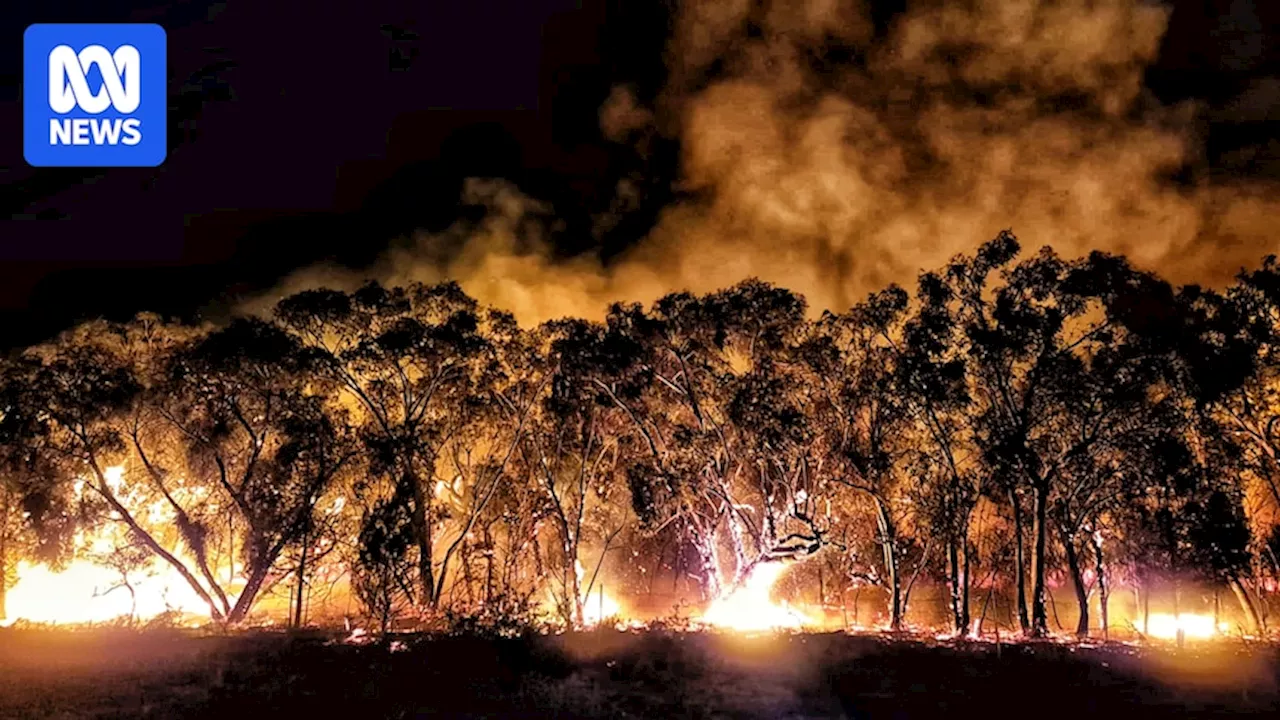One in 10 Australian properties are expected to be uninsurable within a decade due to the increasing frequency and severity of climate-related weather events. Climate Valuation analysts found that 380,000 properties are already uninsurable or unaffordable to insure, a figure projected to rise significantly. Experts warn that rising insurance costs and potential property value crashes could have severe impacts on homeowners, particularly in rural and regional areas.
Four homes were destroyed when a bushfire tore through the Grampians National Park last month. Climate Valuation chief executive Karl Mallon says the rate at which houses are deemed uninsurable is increasing. There are calls to curb emissions to reduce the frequency and severity of climate-related weather events or adapt buildings to withstand them. One in 10 properties in Australia are expected to be uninsurable within the next decade, according to climate change risk analysis modelling.
Climate Valuation analysts found about 380,000 properties in Australia were either uninsurable or unaffordable to insure, equating to about one in every 20 homes. That figure was expected to increase to one in 10 within the next decade, according to the firm's latest data. Climate Valuation chief executive Karl Mallon said the rate at which houses were deemed uninsurable was increasing. 'All of this, unfortunately, is rolling out like clockwork, just as has been predicted in the climate models,' Dr Mallon said. 'It's sad to say that since the 1980s we've said this is what's going to happen and it's happening just as predicted, if not a little bit faster and a little bit worse.' 'It's going to get a lot worse,' Community lawyer Denis Nelthorpe said home owners in rural and regional Australian areas prone to extreme weather events had been priced out of the market. 'There is no doubt an increasing proportion of rural and regional Australia is becoming uninsurable under the current system,' Mr Nelthorpe said. 'There's lots of people being told that we won't cover you for flood, if you want flood cover it's going to be $20,000. Due to the global nature of the insurance industry, the costs of the LA fires may be felt in Australia. The devastating Californian wildfires are'The reinsurers covering LA they are going to be quite out of pocket as a result of all of this and so they are going to look to recover their costs,' senior research fellow David Richardson told'We may think that's unfair that we in Australia would be subsidising insurance in LA but in fact we are all subject to the same global influences. 'So the insurance companies also know that if things are getting more severe and intense in LA they are getting more severe and intense around the world, whether it's floods in Queensland or fires in Victoria.'Dr Mallon said as more houses became uninsurable, property values would crash as people struggled to sell homes in what he deemed high-risk zones. He said people who were unable to afford increased premiums would likely be deemed to have breached mortgage obligations. In turn, some banks could start refusing mortgage applications from areas where premiums skyrocket due to environmental risks. 'That means that someone who's got a property in a high-risk zone is going to be unable to sell that property,' Dr Mallon said.'We'll see communities where increasingly either people can't sell a property, or they have to reduce the price so much that you can buy it without a mortgage.' Mr Nelthorpe suggested premiums could be kept lower through government regulations including caps on premiums and pooling arrangements, which were essentially subsidies for the most at-risk properties. But Dr Mallon disagreed, saying pooling arrangements created incentives for people to keep building homes in high-risk areas and premium caps sent insurers out of the market. He said aside from lowering emissions, the only option was to adapt properties to be better suited to withstand changing conditions. 'Unfortunately, we're seeing that the victims of these problems, whether they're in Lismore or Shepparton or Gippsland or Perth, not only is their insurance costs going up, but they're essentially having to look at the cost of adaptation on their own,' Dr Mallon said. He said Australia needed to adopt national schemes to cover the cost of property adaptation as climate change increasingly worsened. 'In the same way as insurers will lower the insurance cost if you put a burglar alarm in, or if you're a driver that's over 25,' he said.'And really, the sooner we get onto it, the better because LA tells us that our time has just run out and climate change isn't something in the future, it is something we're living through right now.
Climate Change Insurance Australia Bushfires Floods Property Values Extreme Weather
Australia Latest News, Australia Headlines
Similar News:You can also read news stories similar to this one that we have collected from other news sources.
 UK Government Faces Climate Backlash Over North Sea Oil and Gas LicensingThe UK government's commitment to halt new oil and gas field licenses has been met with criticism for not revoking existing licenses, particularly for potential North Sea developments with significant carbon emissions.
UK Government Faces Climate Backlash Over North Sea Oil and Gas LicensingThe UK government's commitment to halt new oil and gas field licenses has been met with criticism for not revoking existing licenses, particularly for potential North Sea developments with significant carbon emissions.
Read more »
 Climate Change Accelerates Crop Ripening in AustraliaFarmers in Australia are experiencing an earlier harvest due to the effects of global heating. Canola crops, once ready in late November, are now ripening in October, disrupting the traditional rhythms of farming. Heavy rainfall is also becoming more frequent, posing challenges for farmers.
Climate Change Accelerates Crop Ripening in AustraliaFarmers in Australia are experiencing an earlier harvest due to the effects of global heating. Canola crops, once ready in late November, are now ripening in October, disrupting the traditional rhythms of farming. Heavy rainfall is also becoming more frequent, posing challenges for farmers.
Read more »
 Australia Faces Improbable Victory on Rain-Threatened Day 5Australia faces an uphill battle for victory on day five of the third Test against India at the Gabba, with rain threatening to disrupt play. India avoided the follow-on on day four, leaving Australia with a daunting task.
Australia Faces Improbable Victory on Rain-Threatened Day 5Australia faces an uphill battle for victory on day five of the third Test against India at the Gabba, with rain threatening to disrupt play. India avoided the follow-on on day four, leaving Australia with a daunting task.
Read more »
 Australia's Budget Faces Deeper Deficit Despite SavingsAustralia's budget is projected to experience a larger-than-anticipated deficit over the next four years. While higher-than-expected revenues are offset by increased spending pressures, the government claims to have identified $14.6 billion in savings, including those from aged care reforms. New spending measures include investments in infrastructure, domestic violence support, health, and aged care programs.
Australia's Budget Faces Deeper Deficit Despite SavingsAustralia's budget is projected to experience a larger-than-anticipated deficit over the next four years. While higher-than-expected revenues are offset by increased spending pressures, the government claims to have identified $14.6 billion in savings, including those from aged care reforms. New spending measures include investments in infrastructure, domestic violence support, health, and aged care programs.
Read more »
 Australia's Budget Faces $21.8 Billion DowngradeAustralia's budget outlook has worsened due to a combination of rising spending and falling tax revenues. The mid-year economic and fiscal outlook reveals a significant downgrade of $21.8 billion over the next four years.
Australia's Budget Faces $21.8 Billion DowngradeAustralia's budget outlook has worsened due to a combination of rising spending and falling tax revenues. The mid-year economic and fiscal outlook reveals a significant downgrade of $21.8 billion over the next four years.
Read more »
 Australia Faces Small Budget Deficit Amidst Global UncertaintyThe Australian government anticipates a small budget deficit in the 2024-25 financial year, marking a shift from the past two years of surpluses. Treasurer Jim Chalmers attributed this to global economic headwinds and China's reduced demand for iron ore.
Australia Faces Small Budget Deficit Amidst Global UncertaintyThe Australian government anticipates a small budget deficit in the 2024-25 financial year, marking a shift from the past two years of surpluses. Treasurer Jim Chalmers attributed this to global economic headwinds and China's reduced demand for iron ore.
Read more »
